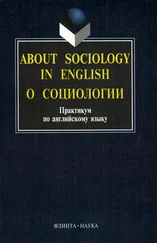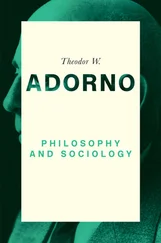One other useful resource is a good sociology dictionary. John Scott’s (2014) Oxford Dictionary of Sociology (4th edn, Oxford: Oxford University Press) and Bryan S. Turner’s (2006) The Cambridge Dictionary of Sociology (Cambridge: Cambridge University Press) are reliable and comprehensive. For a guide to some of the key concepts used in sociological work, see our own companion, Giddens and Sutton’s Essential Concepts in Sociology (3rd edn, Cambridge: Polity, 2021).
For a collection of readings covering the range of sociology, see the accompanying Sociology: Introductory Readings (4th edn, Cambridge: Polity, 2021).
 Internet links
Internet links
Additional information and support for this book at Polity: www.politybooks.com/giddens9
The International Sociological Association – represents sociologists around the world: www.isa-sociology.org/
The European Sociological Association – aims to facilitate research into European issues: www.europeansociology.org/
The British Sociological Association – some helpful information on graduate careers from the BSA: www.britsoc.co.uk/what-is-sociology/sociologist-careers.aspx
SocioSite – the Social Science Information System, based at the University of Amsterdam: www.sociosite.net/index.php
Public Sociology – Michael Burawoy’s version of public sociology and some of his critics: http://burawoy.berkeley.edu/PS.Webpage/ps.mainpage.htm
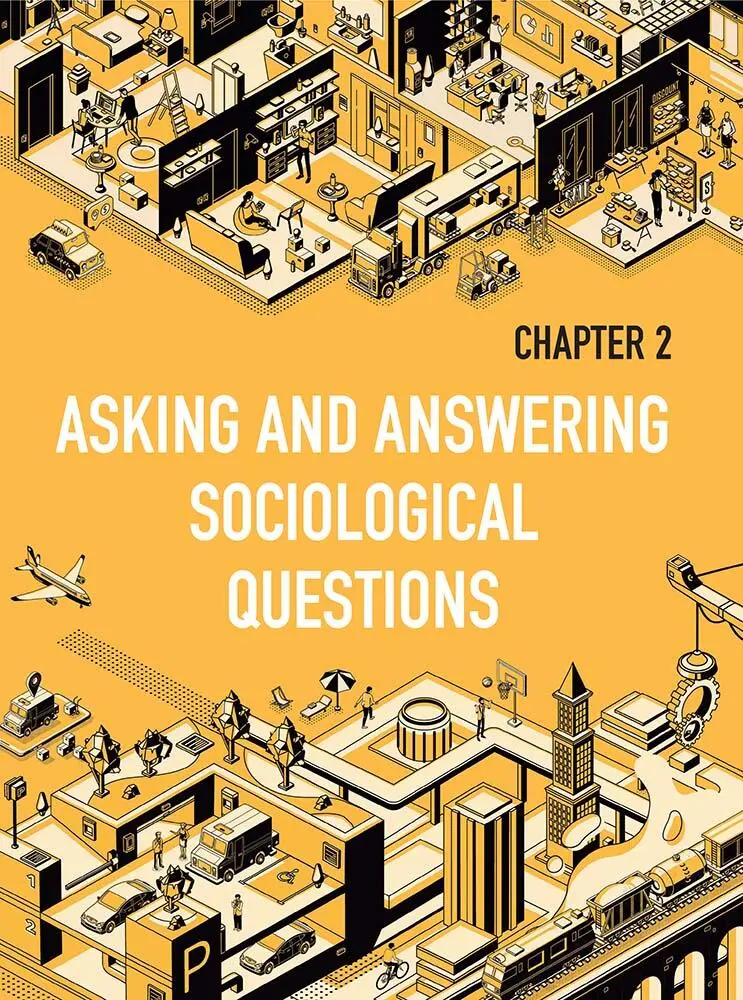
1 Human subjects, ethical issues
2 Science and sociology
3 What is ‘science’ anyway?
4 The research process
5 Understanding cause and effect
6 Causation and correlation
7 Sociological research methods
8 Ethnography
9 Surveys
10 Experiments
11 Biographical research
12 Comparative and historical research
13 Visual sociology
14 Digital sociology
15 The influence of sociology
16 Chapter review
17 Research in practice
18 Thinking it through
19 Society in the arts
20 Further reading
21 Internet links
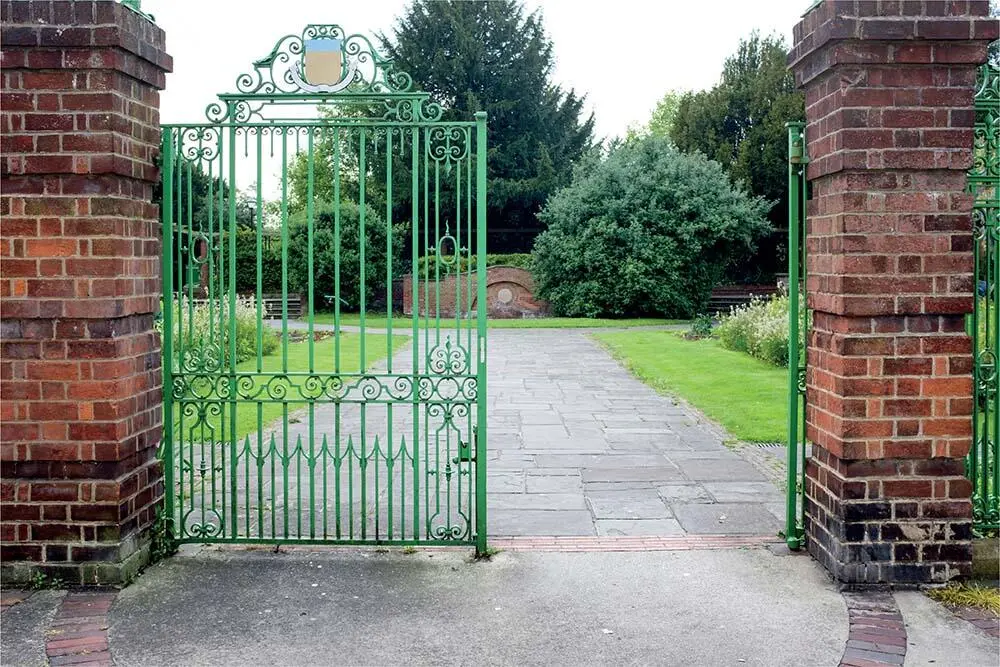
Public spaces such as city parks have long provided an anonymous meeting place for sexual encounters between men in cultures which stigmatize same-sex relationships.
The search for anonymous, instant sex between men is known all over the world. A lot of men – married and unmarried, those with straight identities and those whose identify as gay – seek sex with people they do not know, many looking for sexual excitement without emotional involvement or commitment. Such encounters have often taken place in public places, such as specific areas of parks or in public toilets, to avoid discovery. In 1970s America the gay community called the toilet blocks where these encounters took place ‘tearooms’ while in the UK it was known as ‘cottaging’. In modern China, some saunas, clubs, public toilets and areas of public parks, such as Dongdan Park in Beijing, are known meeting places for men who have sex with men (often abbreviated as MSM).
Until the late 1960s, same-sex activity in public places was rarely studied as a form of interaction. The research of the American sociologist Laud Humphreys into ‘tearooms’ was among the first studies, published in his book Tearoom Trade (1970), which was controversial at that time. Homosexuality was not decriminalized in China until 1997 and since 2001 has no longer been defined as a ‘mental disorder’. Same-sex relations are tolerated more than in the past, but the equalization of legal rights that exist in other societies is absent in China. Traditional beliefs in duty to family and sexual relations only within heterosexual marriage have also waned somewhat since the 1970s political reforms, economic development and increasing internet access. Despite these social changes, homosexuality has long been viewed as a deviant form of sexuality in Chinese society and remains stigmatized. In both 1970s USA and contemporary China, the stigma attached to same-sex relationships presented sociologists trying to understand the tearoom phenomenon with the problem of gaining access to those involved.
Humphreys’ study was carried out before the emergence of HIV/AIDS in the 1980s, and some of the activities he witnessed then are today seen as carrying more risks. In China, for example, men using public places for sexual encounters have emerged as a high-risk group for HIV infection (Shang and Zhang 2015). Many MSM encounters in China still take place without regard for safe-sex practices such as the use of condoms: Shang and Zhang recorded that 45.7 per cent of MSM reported having unprotected sex. Li and his colleagues (2010) argue that one reason for this lies in mainstream Chinese culture, where the concept of rouyu – a desire for direct physical contact – is widely used to mean ‘making love’. For those men seeking spontaneous, uncommitted sex with other men, condoms may be seen to interfere with achieving rouyu . As one participant told researchers, ‘No matter how thin a condom is, there is still a layer of something, and it [sex] is not between fleshes’ (Li et al. 2010: 1481).
Both Humphreys (1970) and Li et al. (2010) studied an aspect of social life that many people did not properly understand or just did not know existed. Sociological research has been an important source of more realistic knowledge about many areas of social life that were effectively hidden from view. Humphreys spent an extended period of time researching public toilets in order to collect information and make observations and later conducted survey interviews. He discovered that many men who otherwise lived ‘normal’ lives also found ways – and places – to engage in sexual behaviour considered unacceptable. Research studies in sociology often shine a light on activities that are poorly understood or that people did not know about at all. Humphreys also argued that, if society accepted homosexuality, it would help men to provide one another with self-esteem and mutual support. This highlights another important aspect of research – that it can lead to recommendations for positive social and policy changes.
Research projects are usually stimulated by a question the researcher wants to answer. Why did public toilets become places for men to meet other men for sex? Are married men in opposite-sex marriages exclusively heterosexual? Why do some men in China not practise safe sex despite knowing the risks involved? To generate such questions, sociologists must be engaged or ‘involved’ in social life, and many projects stem from the researcher’s personal experience and observations or their political commitments. For example, much of the research into human rights, poverty, social inequality and environmental sustainability is linked to researchers’ own commitment to reducing poverty and inequality and finding ways to tackle environmental problems. Emotional and political involvements such as these are quite normal and form one aspect of sociological research.
Читать дальше
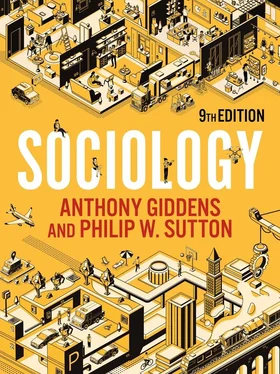
 Internet links
Internet links


